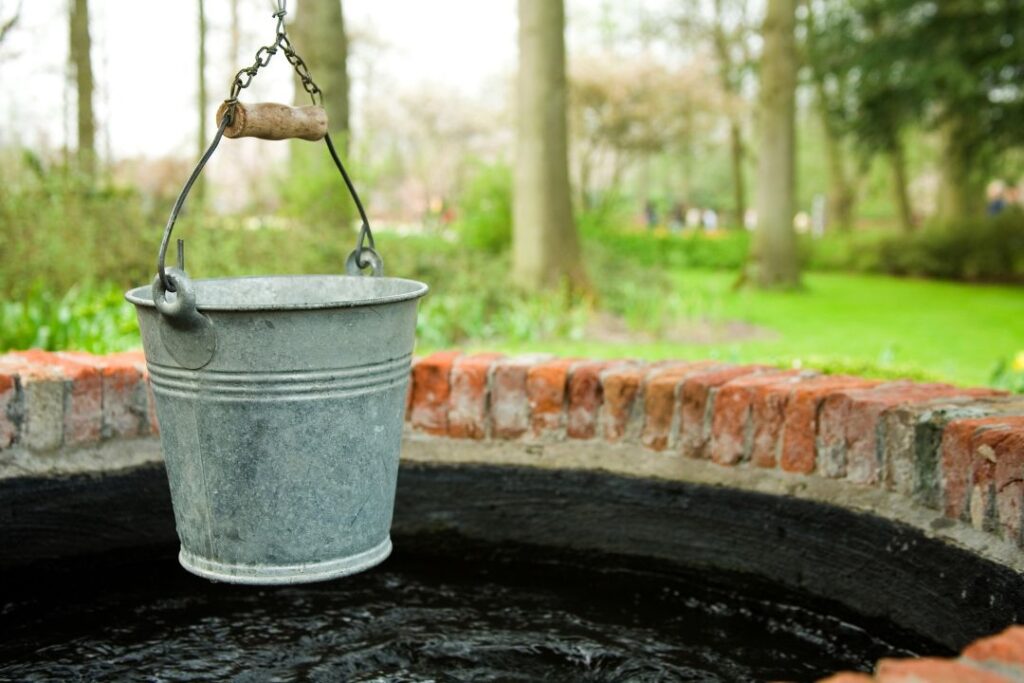
Installing a well system may be one of many projects to come to mind when considering how to improve your farm. Doing this venture could be beneficial for future agricultural operations, but it can also have heavy considerations. Take the time to decide whether you should install a well system on your farm before investing in this essential infrastructure. Explore the key aspects of this question with an eye on maintaining balance and foresight in farm management.
Sustainable Water Source
A sustainable water source is top of the list of benefits. A well system offers a steadfast reservoir, shielding you from the quirks of municipal water supply and enabling uninterrupted care for crops and livestock. This reliability can be the bedrock of your agricultural success.
Cost Savings
The cost savings are also worth highlighting. Following the initial expenditure, the operational costs likely taper off, trimming overall expenses dramatically. The reduction in water bills and the negation of water transport costs are the winning incentives of well systems.
Water Quality Control
Water quality control is another significant benefit. Unlike other sources, which may traverse long distances and multiple processes before reaching your farm, well water is freer of contaminants and of better quality.
Drought Resistance and Property Value
Drought resistance is vital amid challenging climates. A well effectively equips your farm to combat periods of low rainfall. Furthermore, this feature enhances your property’s infrastructure and increases its value, ensuring your investment bears fruit beyond mere irrigation.
Legal and Regulatory Compliance
Considering what you can understand about auger drilling regulations and safety guidelines will help align operations with the law and best practices. Non-compliance is not an option, as it can result in severe penalties and even termination of well operation.
Initial and Ongoing Costs
Factoring in installation, regular maintenance, and potential repairs is paramount when contemplating the initial and ongoing costs. These financial considerations are integral for determining a well system’s viability and sustainability.
Well Location and Depth
Determining the right well location and depth requires a professional assessment of the local geology. Missteps here can lead to inadequate water supply or necessitate expensive redrilling.
Long-term Sustainability
Reflect upon the long-term sustainability of your aquifer. Can it support consistent extraction rates? Will it fulfill future water demands? Answering these questions is critical to meeting current and eventual needs, and they are a stalwart resource for future considerations.
Energy Requirements and Backup Water Source
Lastly, consider the energy requirements of running pump systems and the wisdom of having a backup water source. Energy consumption can be a significant ongoing cost, while alternative water sources can stave off crises when the well is underperforming.
So, should you install a well system on your farm? The decision should come after careful consideration of the benefits and the necessary pre-installation legwork. It’s a multifaceted choice, from the allure of autonomy and financial savings to the intricacies of compliance and sustainability. Take the time to understand every detail; your farm—and its future—deserves nothing less.


